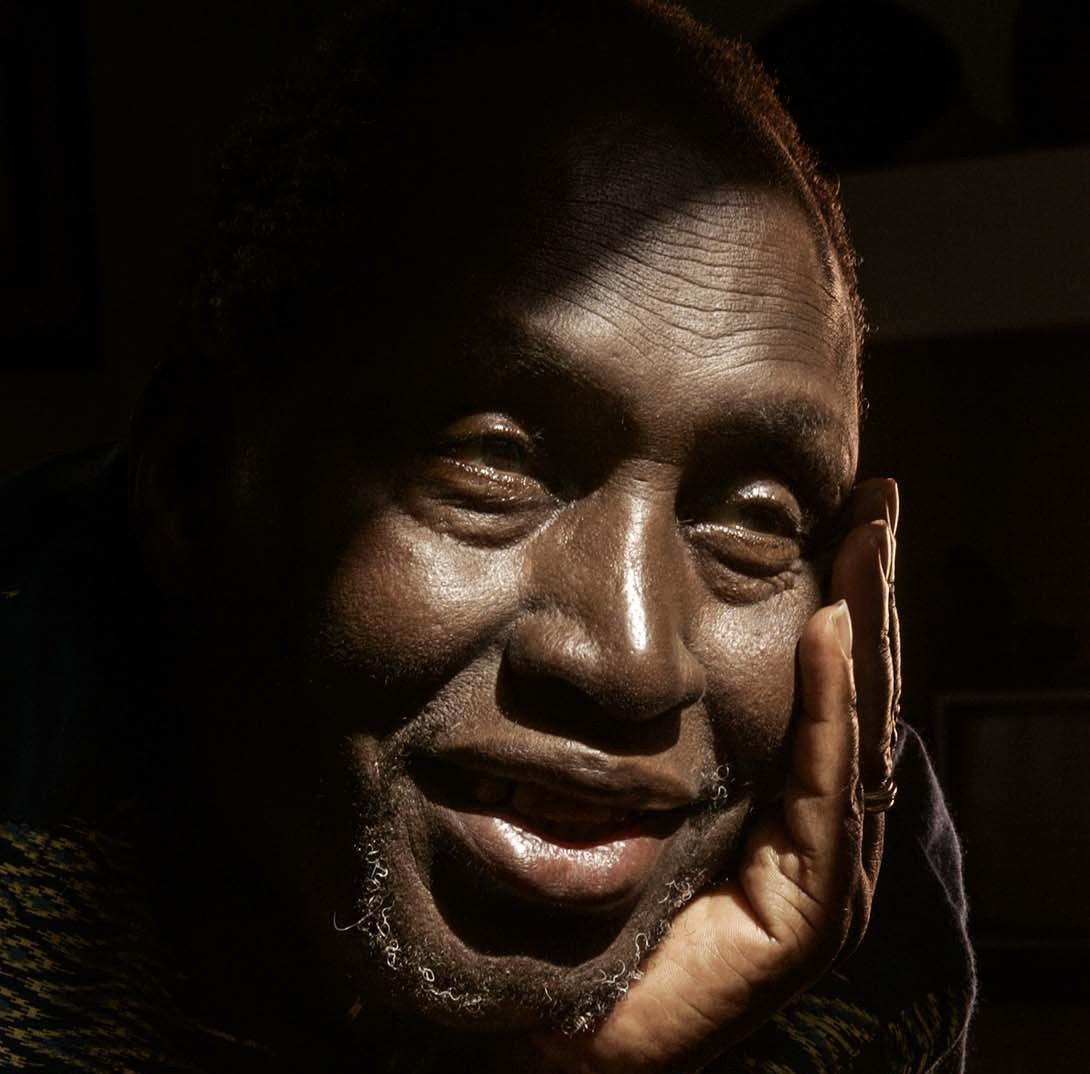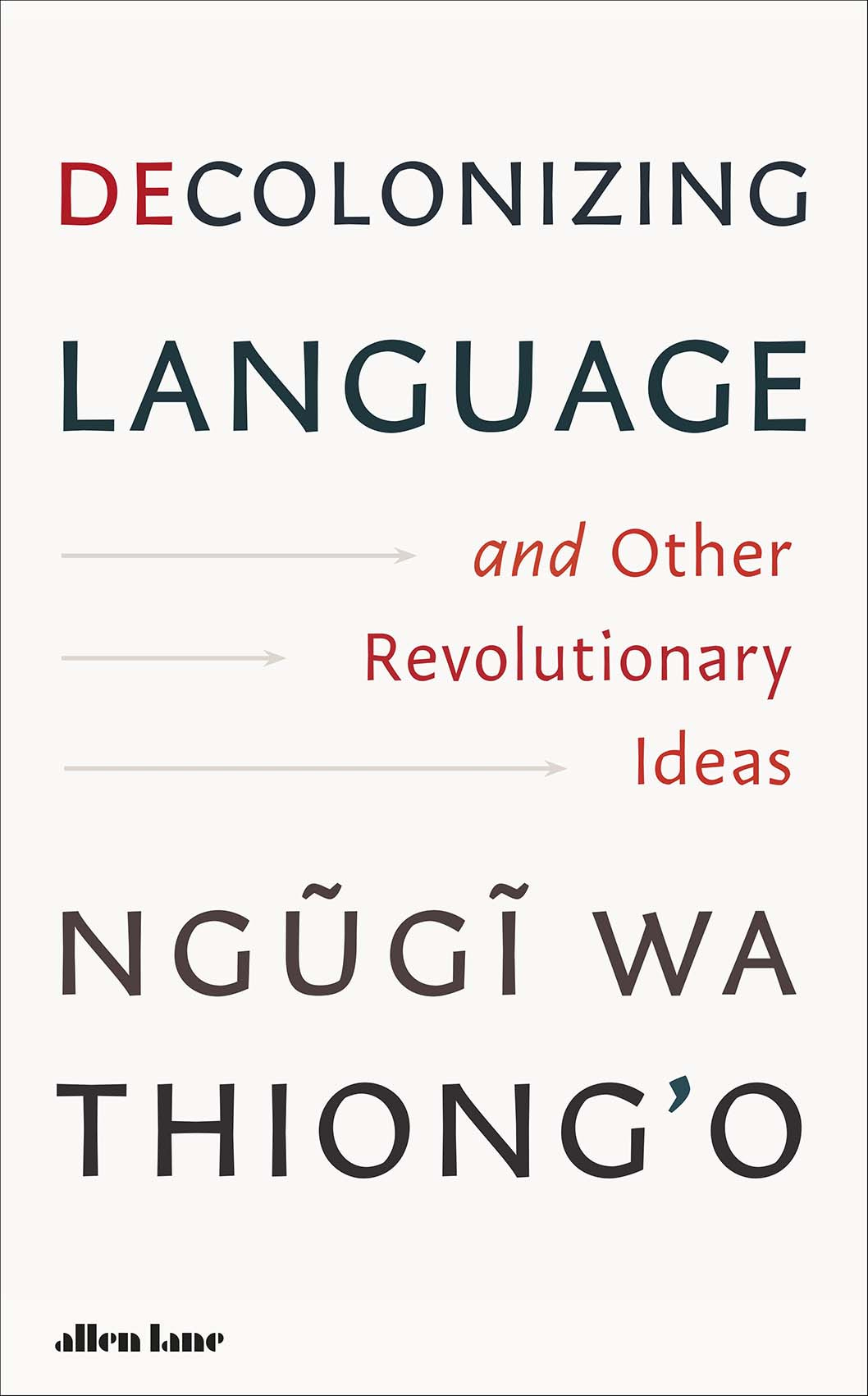Review: One last thing
Before leaving the physical realm, Ngũgĩ wa Thiong’o left us with a few notes.

The great Ngũgĩ’s lifelong preoccupation was decolonisation. In 1968, he, Owuor Anyumba and Taban Lo Liyong pushed for the renaming of Nairobi University’s English Department to decentre English as its focus and frame of literary studies there.
This is also the focus of Decolonizing Language and Other Revolutionary Ideas, his final book, published weeks before he passed away.
“Language conquest, unlike the military form wherein the victor must subdue the whole population directly, is cheaper and more effective,” says Ngũgĩ in the book. To colonise via language, “the conqueror has only to invest in capturing the minds of the elite, who will then spread submission to the rest of the population”.
Ngũgĩ argues that imperial educational policies were designed to do just that: to create colonies of the mind, among the elite of the colonised. “Even after independence, the intellectuals express themselves more fluently in the language of imperial conquest than in the languages from their own country … in every postcolonial situation.”
In the first of two sections, Ngũgĩ describes the damage that unequal power relationships between colonisers’ languages and native ones caused to the African psyche. “You would think that after liberation and independence, the new nations, at the very least, would dismantle that unequal power relationship. But that is precisely the power of the colonies of the mind: negativity toward self has become internalised as a way of looking at reality.”
Why aren’t there more journals and scientific papers in African languages? Parts of the Western canon have been translated into African languages (for example, Nyerere translated Shakespeare into Kiswahili, and Animal Farm has been translated into ChiShona). But why, Ngũgĩ asks, do we not have literature in translation from one African language to another? He insists that there are treasures buried in our own languages – indigenous knowledge of politics, economics and culture, the source of ways for us to “imagine and reimagine” ourselves in history.
The section then outlines a five-part framework to reverse this damage.
In the second section, “Voices of Prophecy”, Ngũgĩ celebrates true pan-Africanism, paying tribute to several named political activists, writers and a publisher, whose lives and work he saw as embodying it. These, says Ngũgĩ, helped shape the continent’s trajectory with a pan-Africanism that built bridges across the continent, struggled together for political reform and social good, fought for liberation, and helped society imagine futures.
In some ways, this book is also Ngũgĩ’s memoir of his life in exile. Coming as it did at the end of his life, it also feels like his last cry, a last plea to us: ensure our own languages stay alive, participating in and contributing to our common humanity, and that intellectual production on the world stage also happens in African languages. No language, he says – referring to what he calls the Europhone languages – should “grow on the graveyard of other languages”. He proposes a pan-African process of recovery from colonisation.
It’s an incredible read.
Ngũgĩ can live on in these ideas, in the gift that his intellectual production has left us. We are always building on the work of those who came before us; now we must receive the baton from him.







The calling is heard— I have also come to a similar conclusion.